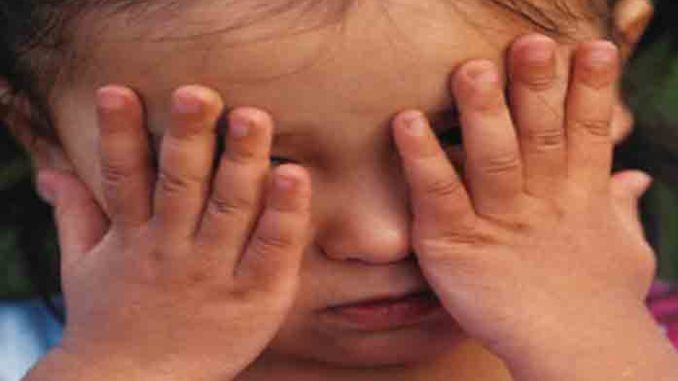
On Wednesday, the House Ad Hoc Committee on Missing Children in Foster Group Homes will hold a hearing to review and discuss the Department of Child Safety’s (DCS) policies, procedures and training relating to the location and reporting of missing children, including appropriate collaboration with other state agencies and law enforcement.
The Committee chair, Representative Barbara Parker says she feels “an urgent sense of responsibility” to convene this hearing due to reports of the “disappearance of five children from foster homes” in her legislative district.
“This is an issue that strikes at the very core of our commitment to the welfare of vulnerable children,” said Parker in a press release. “In response to these distressing events, I reflect on the passage of legislation, including my sponsored bill, HB 2651, aimed at strengthening reporting requirements when a child goes missing, is abducted, or runs away from the Department of Child Safety’s care. However, the recent incidents raise concerns about the effective implementation of these measures.”
Wednesday’s hearing will feature foster care parents, organizations, and advocates, as well as a DCS representative.
Members of the House Ad Hoc Committee on Missing Children in Foster Group Homes include Representatives Barbara R. Parker (Chairman), Rachel Jones (R-17), David Marshall (R-7), Alma Hernandez (D-20), and Patty Contreras (D-12).
In July, the auditor general reported systemic failures by DCS caseworkers that harmed children’s cases.
As previously reported by the Arizona Daily Independent:
There are 109 local foster care review boards throughout the state as of February, according to information provided by the Administrative Office of the Courts (AOC); these boards conducted 13,280 case reviews for 21,782 children in out-of-home care last year. (Multiple children may be reviewed in a single case review, i.e. siblings).
DCS gives AOC the information needed for local boards to review children’s cases and provide recommendations to the juvenile court. Caseworkers are required to be present at board reviews to provide additional information and answer questions.
Local boards determine whether proper efforts were made in an Indian Child Welfare Act case to prevent child removal from home; a child’s continuation in out-of-home placement is necessary; a child’s placement is safe, appropriate, and the least restrictive; a written case plan exists establishing an appropriate permanency goal and outlining tasks for each case participant (child and parents); each case participant is following outlined case plan tasks; progress is being made toward establishing permanency for a child; the established target date for the completion of the child’s permanency goal is realistic; a child’s educational requirements and/or developmental needs are met; and the existence of significant service gaps or system problems in a child’s case.
The auditor general report indicated that DCS was thoroughly failing to properly review children’s cases.
In a random sampling of 13 cases reviewed across several different counties on June 28, 2022 and July 6, 2022, the report found none of the 13 cases had complete versions of all three required case documents to conduct a proper review. Seven of 39 documents were incomplete; 24 of 39 documents were missing.
Those 13 cases were a sampling of the 124 case reviews that took place those two audited days. Of the 124 case reviews, local boards received 94 percent of court reports but only 45 percent of case plans and 72 percent of TDM meeting summaries.
Of the 124 case reviews, caseworkers failed to show for 38 cases, or 30 percent. If that ratio to the greater total of cases for that year, that would mean caseworkers failed to show for 4,000 cases. Of those 124 sampled, two had no status update on physically endangered children: one child was hospitalized for abuse, the other afflicted with poor mental health and self-harm.
Again, if that ratio applied to the greater total of DCS cases from 2022, that would mean 214 children went without a status update.
The auditor general found that DCS hasn’t held caseworkers accountable for noncompliance with case review attendance.
RELATED ARTICLE:
Arizona DCS Must Defend Long-Term Sex Abuse Committed In Foster-Adoptive Home
